The solstice always comes like an alarm clock I didn’t set. This year, it hit me harder than any before.
At age forty-six, I finally broke. I set my phone to erase every message the second it came in. Calls went straight to nowhere. I deleted every app that ever made me feel like I had to be available, had to be connected. The world outside the farm had to make do with an email or blog post once every few days, if that. For months, it was just me, the fields, the barn, the walls of this house—and the silence.
I thought I was protecting people by vanishing. I thought my absence would go unnoticed. I was wrong. The truth is, people cared. My silence hurt them. And realizing that my absence could wound someone was something I never expected. It still feels strange to even write it.
This was also the year I brought Penfold home. His ashes had been waiting too long my parents house, and I finally buried them under the birch tree behind the house. That tree has watched over me since I bought the farm, the way he once did. Penfold wasn’t just a dog; he was the reason I made it through a childhood that should have broken me long before adulthood did. He was my only constant in a home that was violent and loveless. Now he’s back with me, where he belongs.
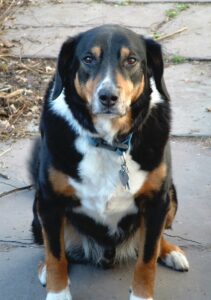
All my life, I’ve asked people to love me if they could. Many tried. Most couldn’t. Some wouldn’t. For years, I believed that was my fate. Then, in 2020, I met Amelia. She showed me what love actually means—that it isn’t conditional, and it isn’t performative. And though Amelia and I separated briefly this year while I dealt with the sale of my childhood home, somehow that space pulled us closer in the long run. We found our way back, and it feels stronger now.
This summer, I also had a girlfriend for the first time during my marriage. Amelia and I agreed to it, talked it through, and understood what it meant. It started out fun, something light, something different. But the reality was complicated—she was married, with a young daughter and a husband much older than her.
In September, I did something I thought I’d never do: I slept in my old bedroom at my mother’s house. First time since I was a kid. I moved my cannonball bed into that room and painted the walls back to the exact color they were in 1986, before everything fractured. I even took the dresser with me when I left. It was less about furniture and more about reclaiming something I thought was gone for good.
It was that night I spent alone in my parents’ house, in my old bedroom, that I finally felt comfortable letting go of the past. The weight I’d been dragging—all the bruises, all the betrayals, all the shit I thought defined me—started to surface. For the first time, I wasn’t fighting the memories. I was just there with them, and when Amelia arrived the following morning to help me bring furniture back to the farm, I left the memories behind.
Teachers hated me. They told my parents I’d never be anything, never do anything, never become anyone. They said I was too distracted, too stubborn, too much. My parents would always let out sighs of blatant dissatisfaction with my report cards and would lament that if only I could act normally while in school, I’d be fine.
Adults treated me like a special case. I simply had high functioning autism. My friends knew better. One Saturday morning, we were sprawled on the floor with our horse toys, and I picked the dark-haired one. From then on, I was nicknamed Dark Horse. They named me right. I was always the one no one bet on, the one counted out before the race even started. And still, I outran them all. I defied the expectations and made it on my own, in my own way.
I’ve decided to focus on who I used to be, before I ran away and got caught up in everything the world dangled in front of me in exchange for a lifetime of battles that made me question whether god was ever listening. When I was a kid, I was simply Emily. Everyone called me that, even back when it wasn’t the name on paper. And my nickname was Dark Horse.
I have learned what it means to leave at a moment’s notice—to pick up and go without a plan, without witnesses, leaving behind everything that might anchor a life. I know what it is to land somewhere strangers live, where no one knows my name, where nobody can answer the phone because there is literally nobody to answer it.
I know what it’s like to hitchhike and hop freight to get where I need to go, with nothing but a backpack and a stubborn streak keeping me moving. I know the rattle of a boxcar under my boots, the cold steel against my palms, the way the world looks different when you’re clinging to the side of a train in the dark.
I know the silence that comes after a trucker drops you off at some nowhere exit, and the long walk to find the next ride. I know what it feels like to gamble everything on the kindness of strangers, and to trust my instincts more than I trusted anyone’s word. It’s dirty, it’s dangerous, and it’s lonely, but it’s also a kind of freedom you can’t explain unless you’ve lived it. That kind of loneliness is also surgical; eventually it cuts out everything that could remind you who you were.
At work, I put my body between danger and the people I was sworn to protect. I stood in the line of fire for strangers, for neighbors, and sometimes for my own crew. That was the job—no drama, just the work. I did it because that was what was expected, and because it was the only thing I felt built for. People tell me I was one of the best; they say it like a medal. From the inside, the glow is see-through. I never felt luminous. I felt hollowed, like a soldered shell holding a heart capable of giving everything away and asking for nothing in return.
Sometimes the world applauds the wrong thing. They cheer the steadiness, the muscle, the calm in the storm, and they don’t see the cost. One cost was the physical toll the long hours and demanding work took on my body; the bigger cost was emotional. They don’t see the nights I lie awake counting the distance between who I saved and who was already gone before I found them.
They don’t see why, when the noise of the world became too much this year, I finally shut the doors to the world that broke me. I turned inward, listening at last to the small voice that had been whispering at the edges of my life for decades. The voice that said: stop performing survival for everyone else. Stop hiding the broken parts. Listen to yourself. This is your time. Living. Blessed. Free.
The solstice has arrived again. The year has been brutal, but it didn’t finish me off. I broke, but I’m back stronger than ever.
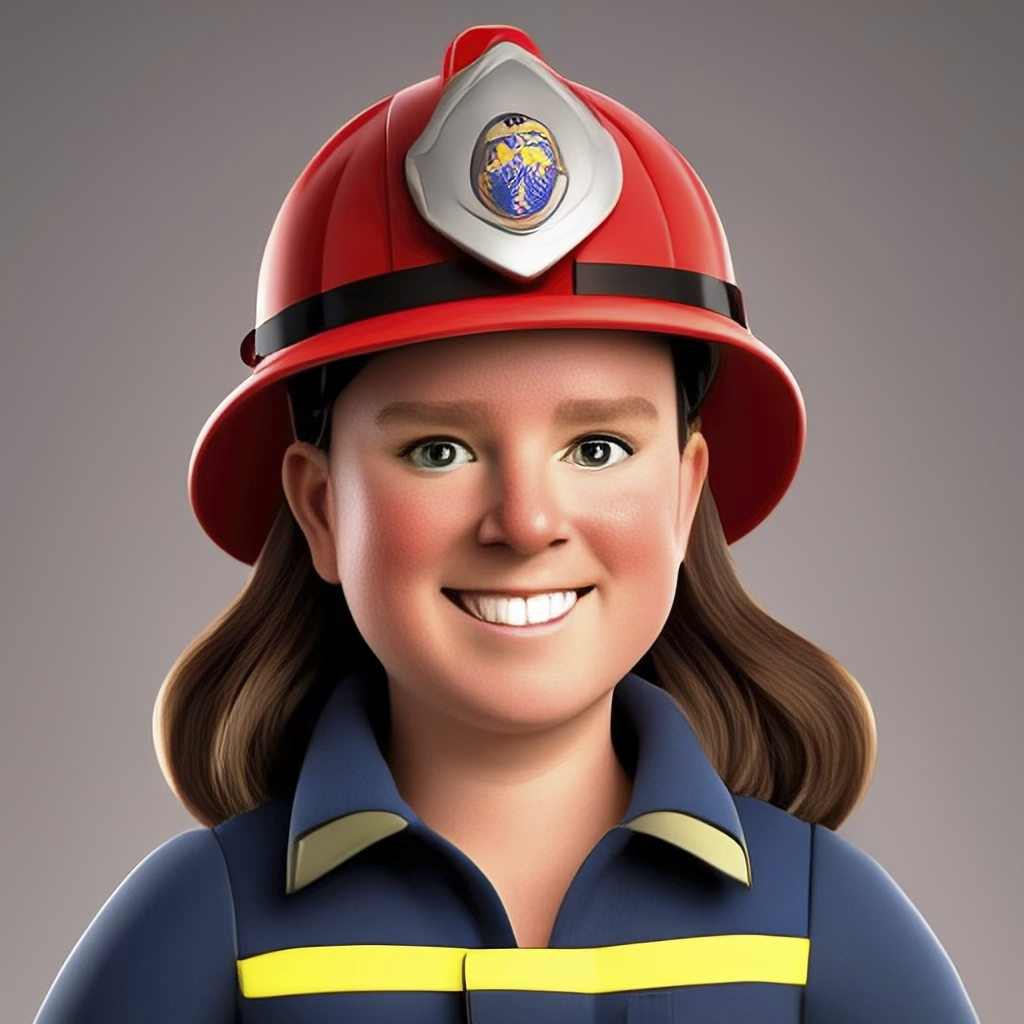
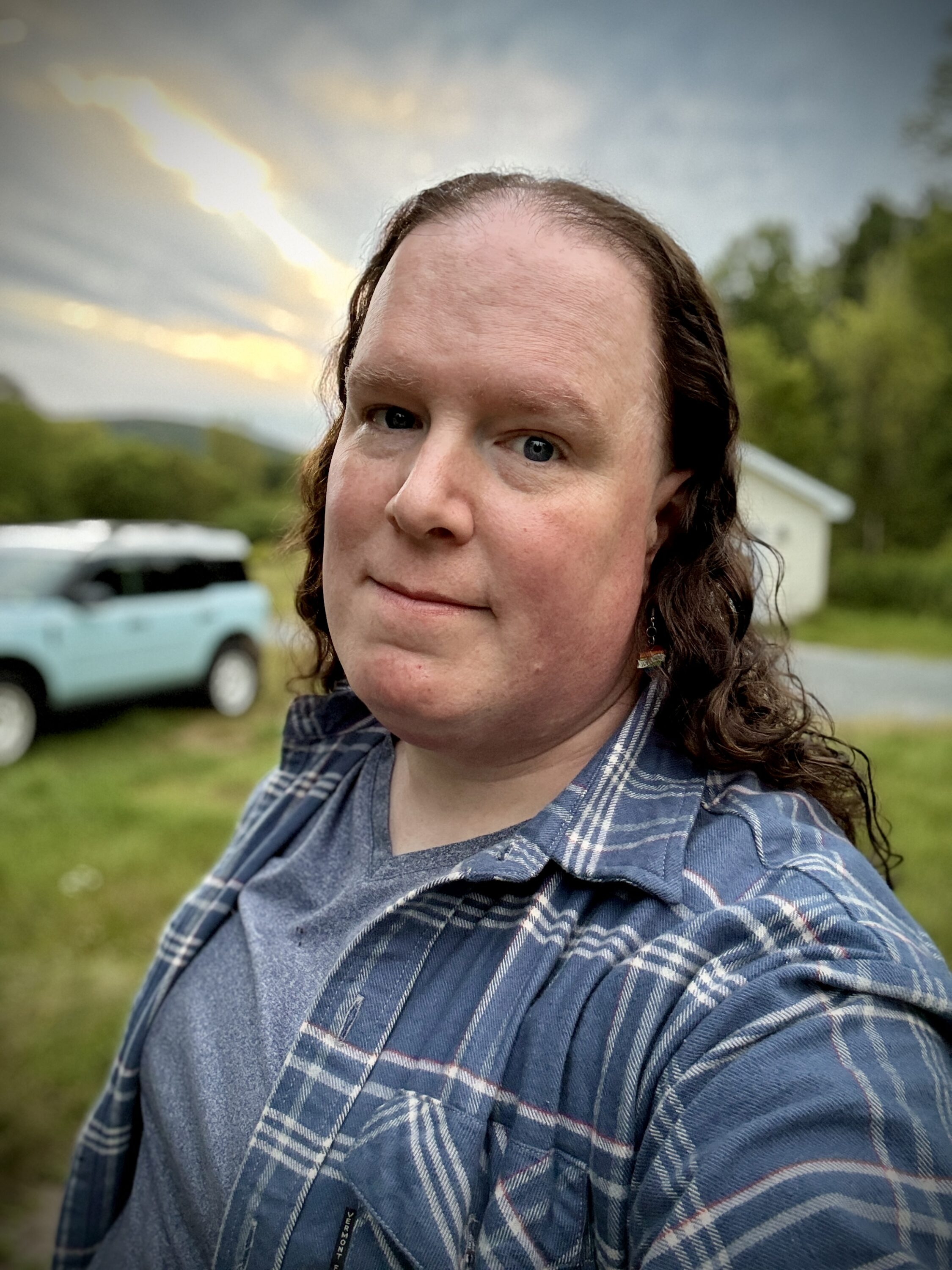

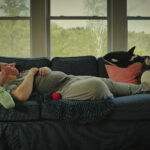
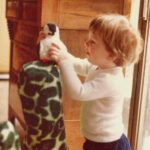



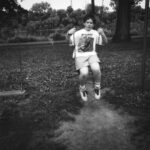

Leave a Reply